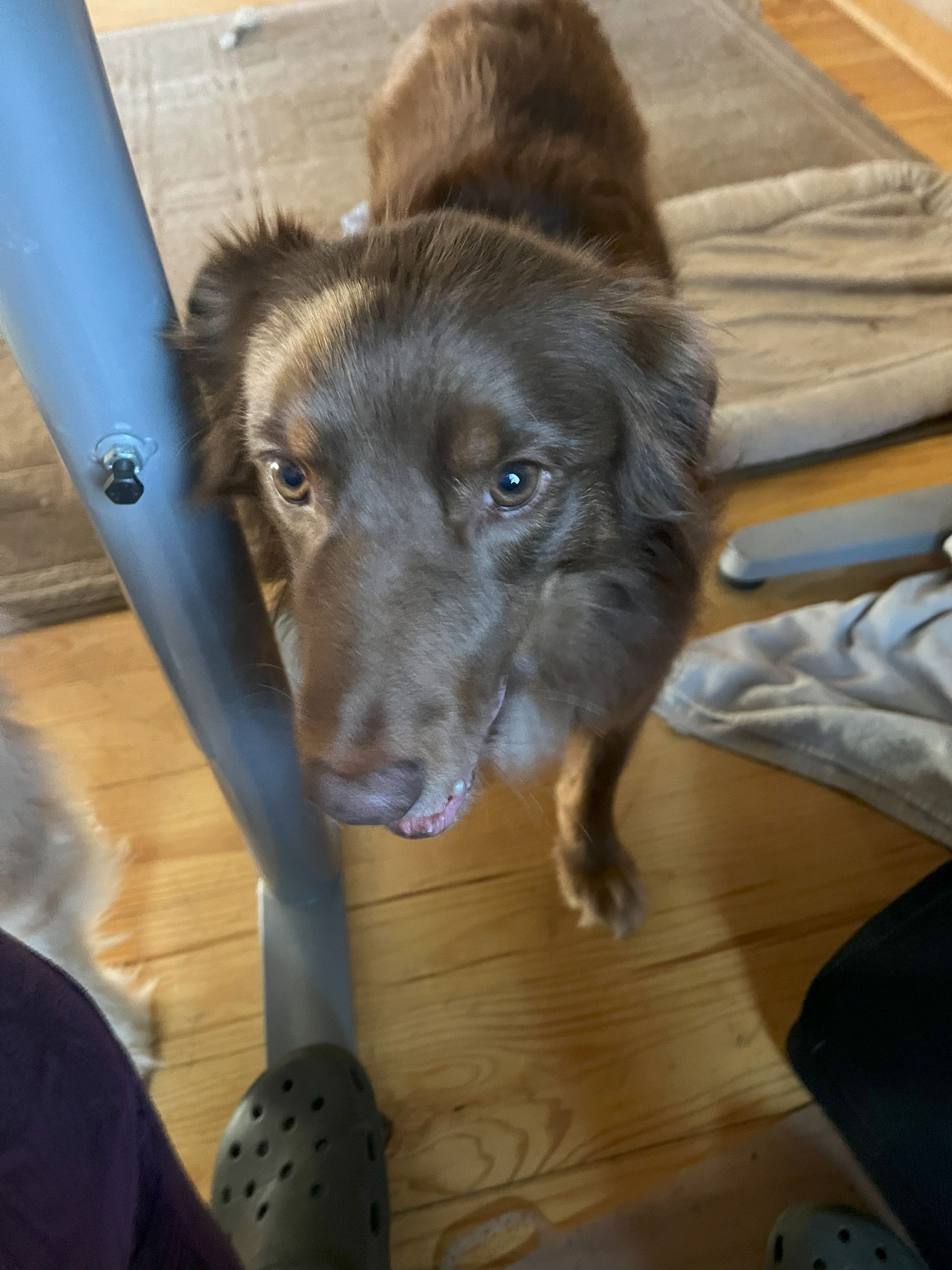What should a draft look like before sending it to an editor?
How do you know when your manuscript is ready for editing?
Finishing the first draft of your manuscript is a milestone worthy of a celebration. 🥳Please make sure you do!
Just because it's done, though, is it ready for your editor?
The answer is probably no.
You've likely heard that "the first draft is you telling yourself the story," which isn't a bad way to look at it. First drafts are often messy, disjointed, or have rambly bits that may not be necessary. After you've written 'The End,' the best idea is to take some time off from the manuscript. How much time, you ask? As much as you can. When you return to it, you will have a new perspective on what you wrote. Sentences often sound different, and some details may stick out as extraneous. Revising or self-editing is best begun in this way.
How long you take for self-edits will depend on many factors, including available time, any deadlines, and what the weaker points are.
Do you know your writer weaknesses? No? Well, the first time you publish, you are likely to discover them.
Knowing where your craft skills may not be as strong will direct you in your rounds of revision. Some authors revise in rounds, concentrating on one aspect at a time while others tackle trouble spots as they find them.
Either way, be gentle with yourself as you sift through the text. Remember that you haven't done anything wrong, more likely there is a better, more sound way to express your ideas and finding it is part of growing as an author. ✍️
Once you have finished your revisions, seek out a critique partner, or a few (even better), or a few unbiased beta readers for some straight up feedback. It's to your advantage to have impartial people or friends who are capable of giving you honest feedback. Cheerleading is excellent for the confidence, but it doesn't help your story if the beta is just so happy to be reading your book that they fail to notice the MC changes age three times. Honesty will help you be a better writer.
Go through the feedback you receive and implement the changes you need or want to. Then, run the manuscript through MS editor or another text checker to see what it picks up. Don't take its flags as absolutes but do notice what it is detecting and look for any patterns or if the same things are coming up.
Just as an aside, I prefer the MS Editor in Word to Grammarly. I frequently use both when I'm writing, and they will contradict one another a lot, but I find Grammarly is more likely to introduce mistakes. The value of any of the 'checking' software is that it makes you think about how to best convey your ideas. Feel free to ignore the suggestions to formalize your colloquial dialogue but acknowledge that they were made.
One piece of software that I highly encourage authors to use before sending to an editor is ProWritingAid. This program is full of useful checks for individual elements of writing, even in the free version. It integrates into Word and Scrivener, so there is no need to upload separately. And it is comprehensive! I promise you will learn loads about your writing after one PWA session, and you will be a better writer because of it.
The same caution does apply, however, in that not every suggestion must or should be accepted. Dialogue, slang, and humor will hang PWA up, so pay attention to what you are editing. Remember, you know what you want to say.
After some instructional checking and another read through, when you can't possibly read one more page upon pain of certain insanity, pack it up and send it to your editor.
Or perhaps it's not a matter of being able to stand it any longer, but it's the best form you can put your words into right now. Attach the file and hit the send button! And relax, you did the right thing. 😉
Also, it's helpful for your editor if you include a note with areas you know may be problematic or any tendencies you have. Things like 'writing light on description,' or 'please note showing vs. telling' are valuable points for the editor to have in mind when they start; it helps them to focus and prioritize the things they see.
Then you can take a well-deserved break while your story is in someone else's capable hands, knowing it will come back with fresh things to learn and more chances to for you to make it the best you can.~


















